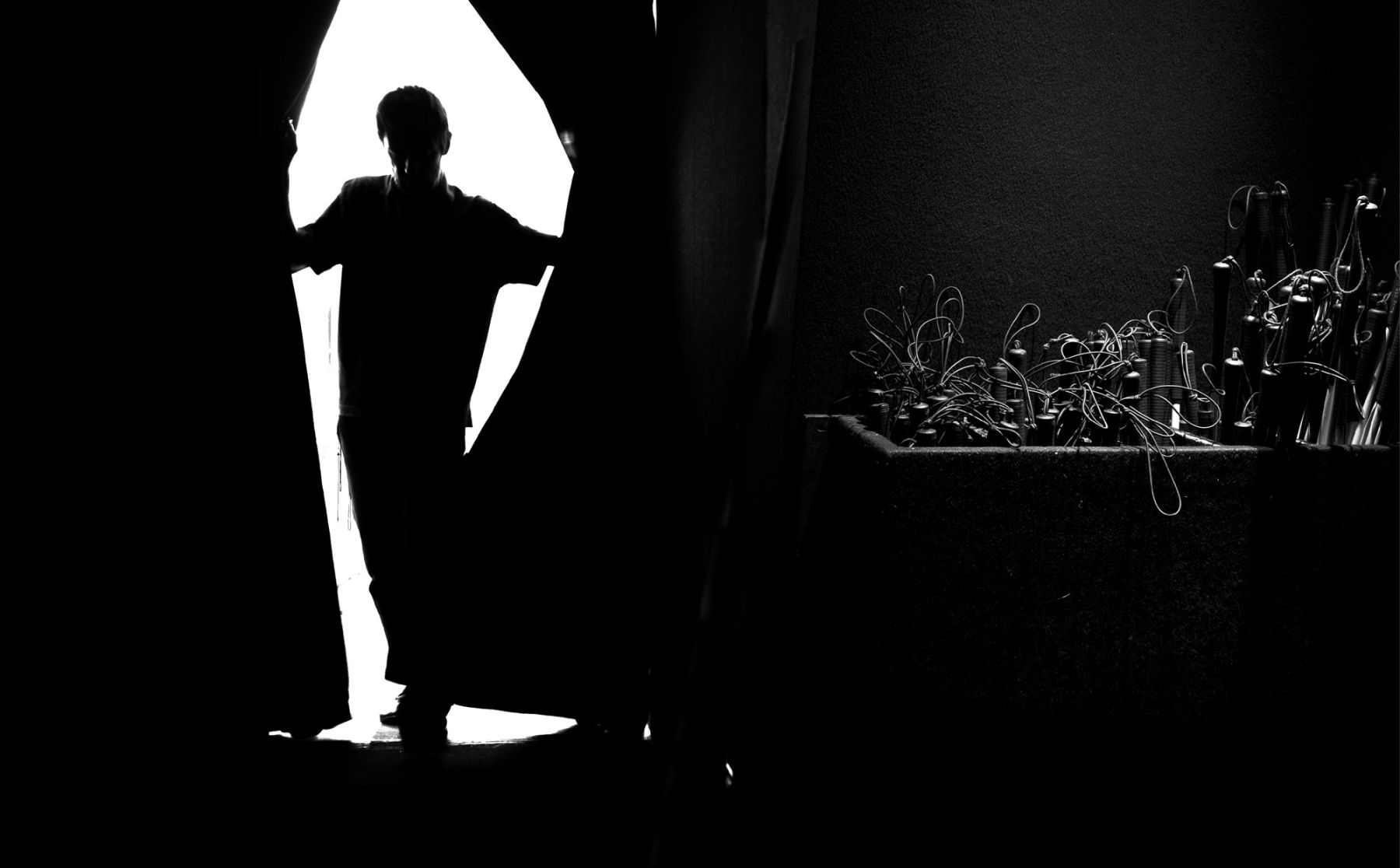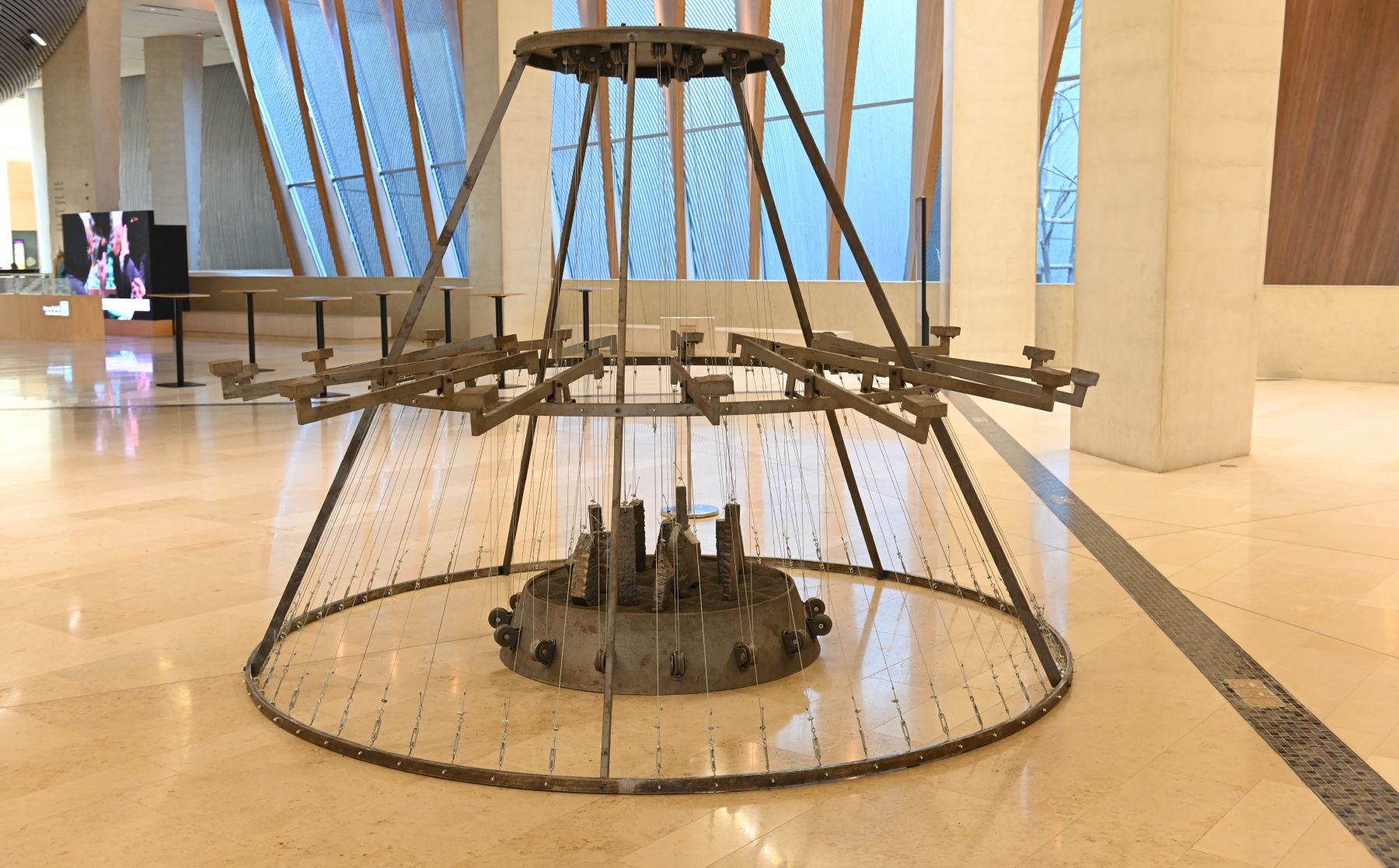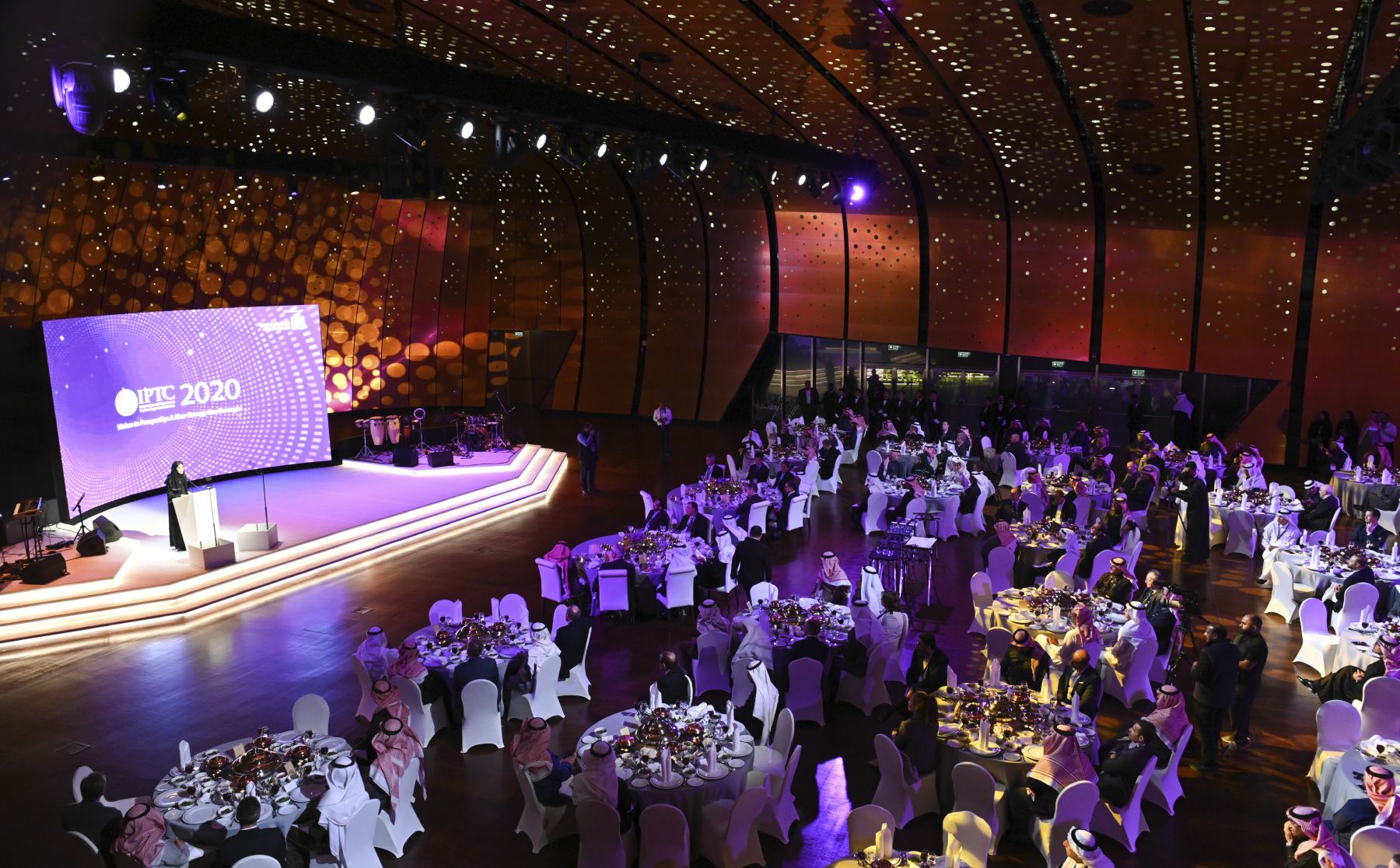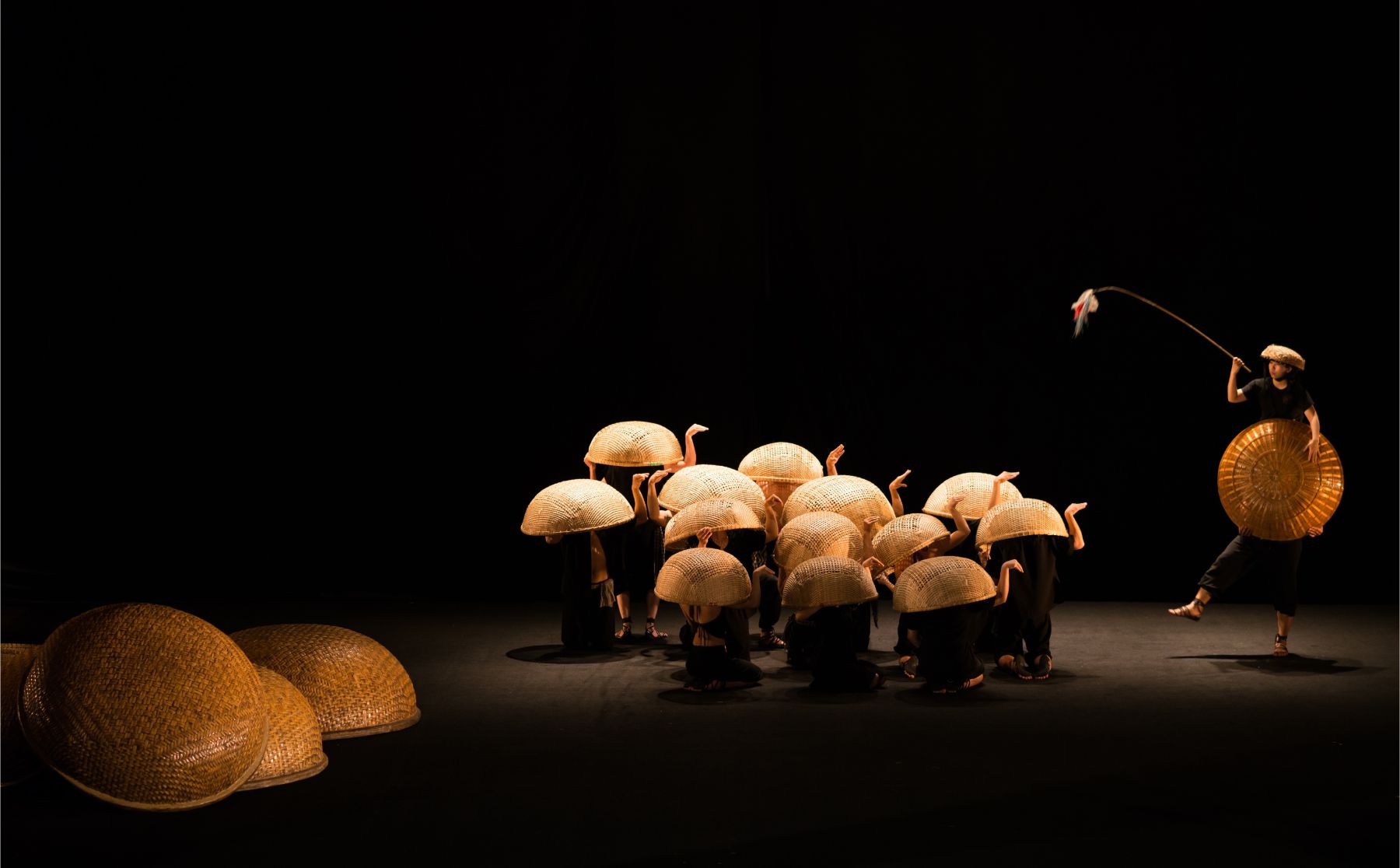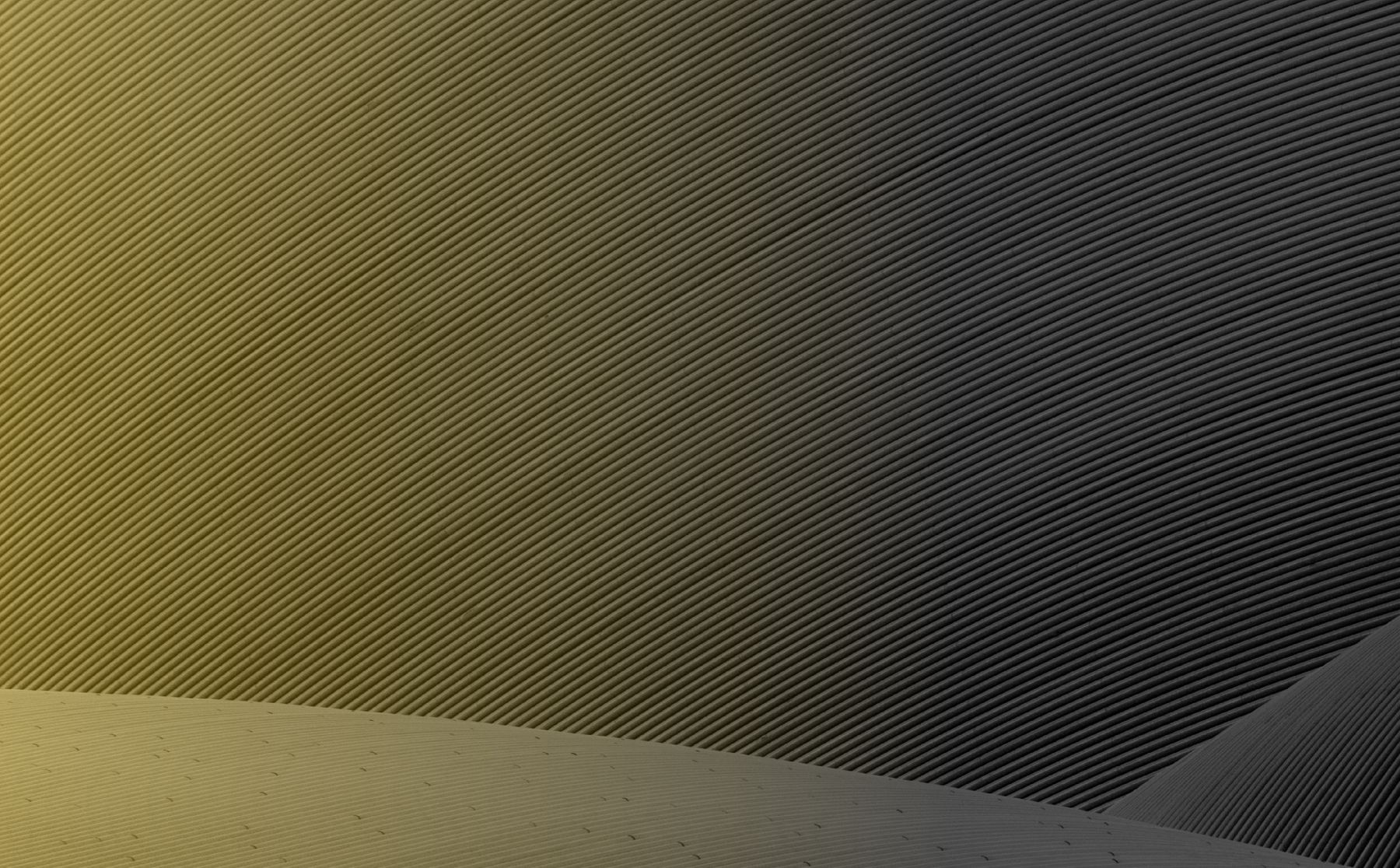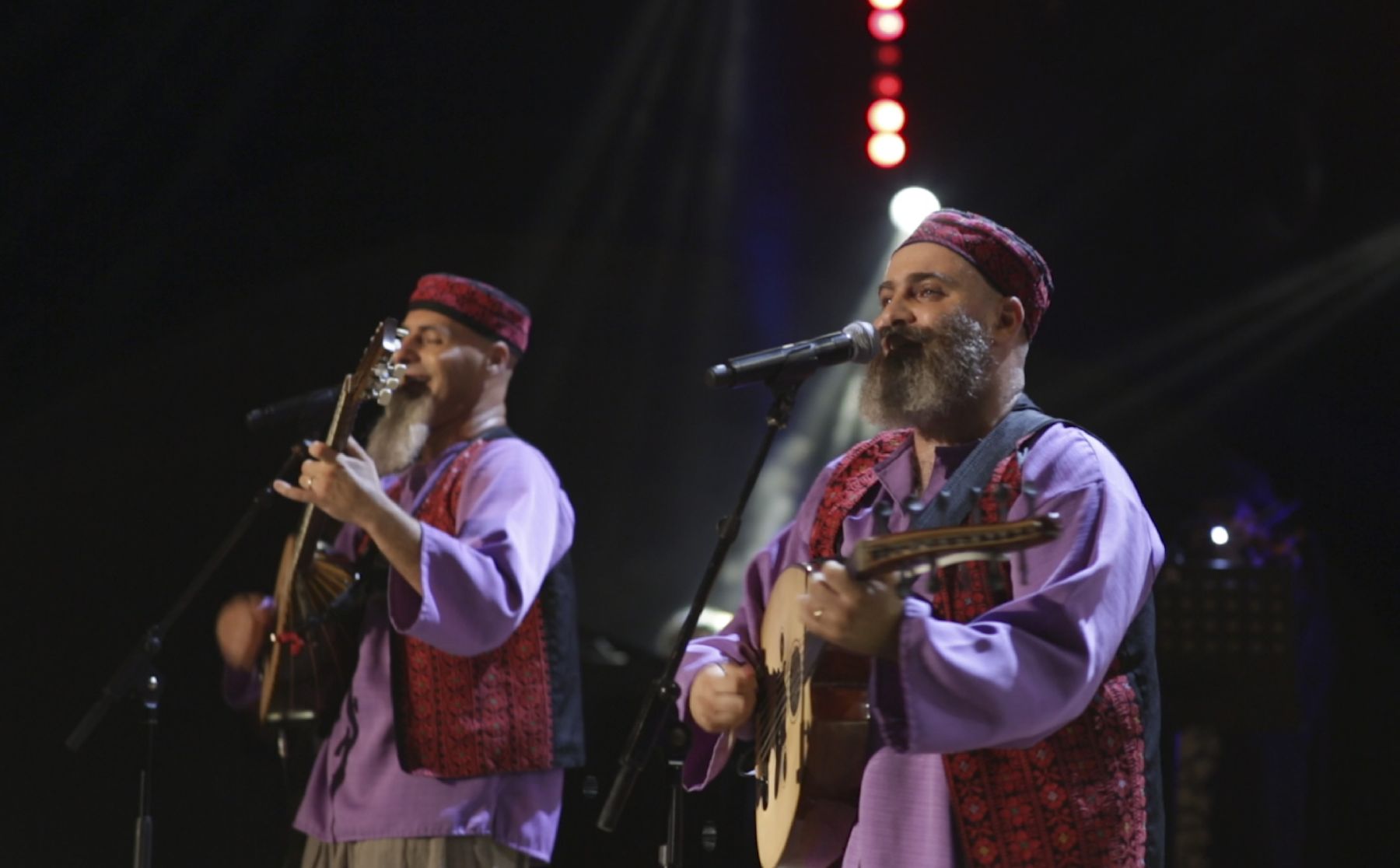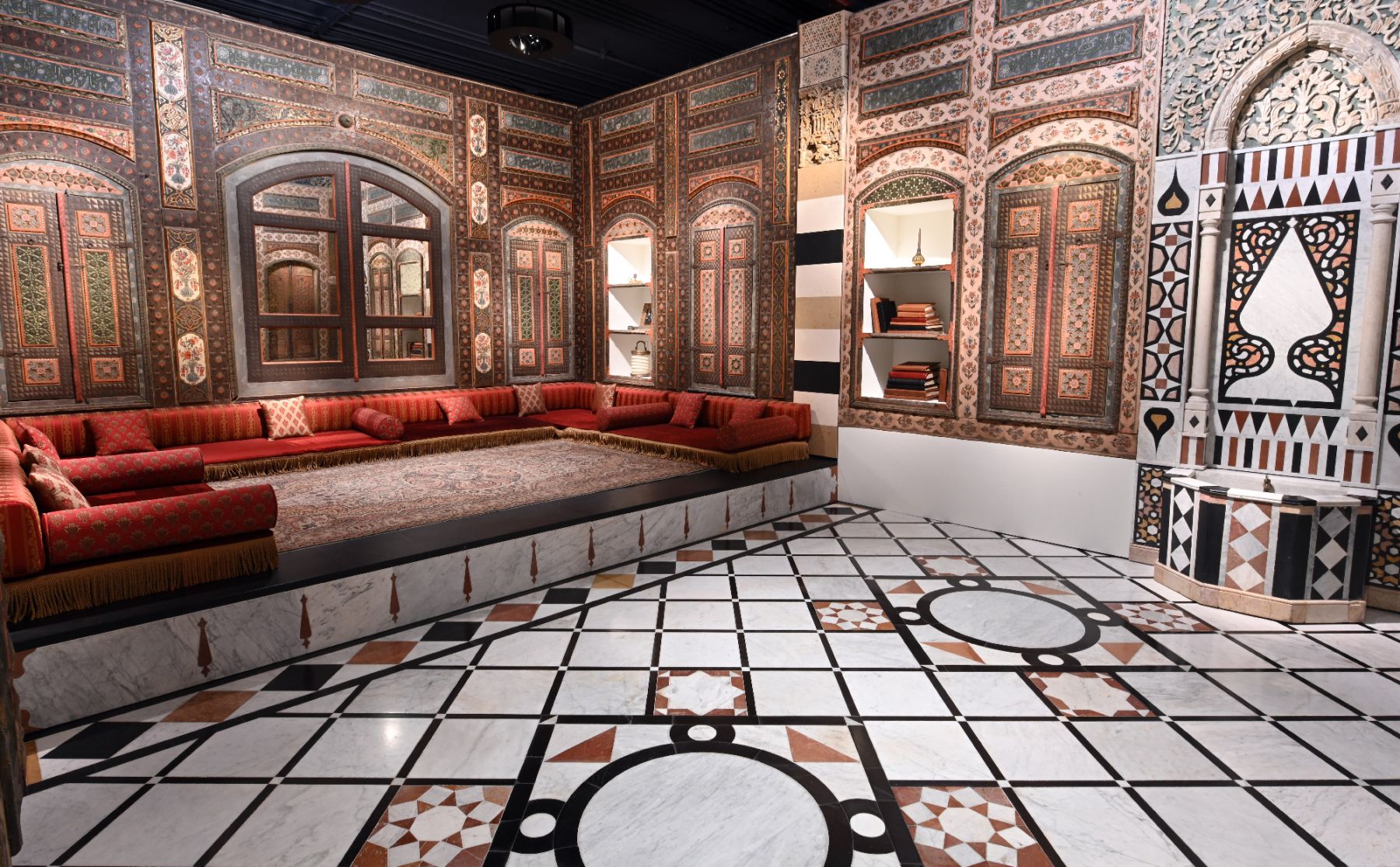An Ithra In-the-Studio interview
A Message to Earth by Rola Sultan
Rola Sultan is a pianist and composer of Palestinian descent who has lived all of her life in Saudi Arabia. She began to take music seriously in a professional sense a few years ago when Saudi Arabia began supporting art and artists. At that time, Sultan switched from specializing in computer information systems to working as a freelance pianist.
Sultan has performed regularly at the King Abdulaziz Center for World Culture (Ithra) in Dhahran, Saudi Arabia.
As a direct result of the pandemic, musicians around the world have been recording works and posting them online through YouTube, Facebook and other social media platforms. As a serious piece of music that is directly about the coronavirus composed and performed by a local pianist, A Message to Earth stands out. Sultan has included text in the video she posted on YouTube (see text below). The relationship between the music and the text is poignant and intriguing. However, as viewers can see from Sultan’s interview comments below, the relationship between the music and the words is far deeper and far more unusual than a typical listener might imagine.
A Message to Earth is a four-minute composition for piano. There are words that go with the music, but they are not performed; instead, they are read silently by the listener. A Message to Earth tells a story: “Corona” appears on Earth and doesn’t approve of how humans are treating each other. So, Corona decides to interfere in the form of a pandemic and forces humans to unite, find their faith and work together. When they do, Corona departs, leaving the world a humbled but wiser, kinder and more spiritual place.
On March 31, 2020, we sat down – virtually and safely – with Sultan to discuss A Message to Earth and her experience as a performer and composer.
Ithra: Please tell us about A Message to Earth. How did you compose it? Why did you compose it? And what is the message?
Sultan: Two weeks ago, I woke up and I was really upset about what was happening because of the coronavirus – especially in Italy, since its people were so very kind to me when I visited. Then music started talking in my head and I couldn't stop it. I composed A Message to Earth right then – while I was thinking about the pandemic and worried about what will happen next. When the music started talking, I immediately went to my piano and translated everything in my head into notes.
Ithra: This piece has some shifts: tone, key, style, feel and so on. Can you tell us about the shifts in Message to Earth? Is it a story?
Sultan: Yes, there is a story. It's talking about the coronavirus from what I have seen, how it started and why. It is like Corona wants to tell us something and teach humans a lesson. After the lesson, Corona will go away and life will start to be better because of what we learn.
Ithra: For some musicians, composing is a technical process involving theory, scoring and counterpoint. To what extent are your compositions technical and to what extent are they sensibility and feel?
Sultan: I have a gift from God – perfect pitch, absolute pitch, whatever you want to call it. That means I can recognize any note or chord when I hear it. So, when I play covers, I don't even need to read the notes: I just use this gift and, if I feel like it, I add my own touches. It’s the same when I compose a piece: I just use my imagination and follow my feelings. So, there is no theory in the classical sense. You could say I use music theory, but it’s from my own school.
Ithra: You say that “music starts to talk” to you when you let it. Is that like a conversation? You don’t just hear it?
Sultan: Yes! When I am feeling something – happy, sad, whatever – music in my head expresses what I am feeling and what I want to say. A Message to Earth is the music talking – telling a story. The first part tells the story about when Corona came to be – before it went into peoples’ bodies. It was observing us and how we humans did terrible things like massacres, racism and war. In that part, the music was talking angrily through Corona. It was questioning humanity, and accusing. The second part of the music explains how Corona spread among humans regardless of race, religion or what country they came from. Then the music shifts into question mode and Corona ask humans if they will unite to overcome this hardship. The music then shifts to condition mode and starts to give humanity advice. If the people follow this advice, then Corona will go away. The last part is hope: Corona promises humans tomorrow will be better when they come together. The music here sets a mood that moves between happiness and wisdom.
Ithra: That sounds like synesthesia – like when people with absolute pitch associate colors with specific notes. It happens with words too. Do you have synesthesia?
Sultan: I have absolute pitch but I am not sure if I have synesthesia – what would be the test? I can tell you I have some sort of sixth sense: I can feel things before they happen, especially in my dreams. They often tell me what will happen on the next day. I don't know if this is directly related to music, but it’s absolutely related to my sensitivity and that is a big part of my music.
Ithra: What are the musical influences and styles behind A Message to Earth?
Sultan: It's a combination of different types of music: classical, neoclassical, classic rock, contemporary and new age.
Ithra: You have recorded musical types as different as Yanni and Metallica. What is your favorite kind of music to play?
Sultan: When I was a teenager, I listened to classic rock like Metallica and the Scorpions – besides my idol, Yanni. I focused on Yanni’s music until I met my colleague Yazan Ibrahim who is into rock music. With him, I felt encouraged to play what I used to listen to when I was a teenager. But my main focus is on music relating to Yanni's style.
Ithra: What is your favorite piece of music? And what do you like about it?
Sultan: There are too many to list! But the first piece that really inspired me was Until the Last Moment by Yanni. It still takes me to another world.
Ithra: You performed at one of Yanni’s concerts. What was that like?
Sultan: I participated in Yanni's concert in Al-'Ula at the Maraya stage. [KDR1] Syrup for Entertainment arranged it. I performed several of Yanni’s pieces in the lobby to welcome the audience as they went to the main stage before his show. It was an amazing experience.
Ithra: What do you think about playing the music of others as opposed to your own pieces?
Sultan: I think every musician has an idol when they set out on their musical journey. For me, that is Yanni. I also love Hans Zimmer's pieces – they’re genius. When I listen to such giant musicians, I learn about technique and how to compose music. But, of course, when I compose my own music, I get to add my own personal touches and follow my own imagination. It’s a great feeling.
Ithra: When I first saw you perform at an Ithra event, you didn’t have any sheet music. I assumed you were primarily improvising. Now, I am not so sure. What is it like to perform at Ithra?
Sultan: Ithra is now like my second home whenever they call me to play there at an event. After my involvement through an arts and culture association that collaborated with Ithra for a Saudi Film Festival event, Ithra started inviting me to play there regularly. I have participated in many important events at Ithra, like IKTVA, the Fikr Conference, IPTC and many more. Ithra has been an amazing platform for me. Recently, I have been meeting with Ithra staff to plan for a concert on one of its stages to share my original compositions. Ithra, as far as I know, has the only Steinway piano in Saudi Arabia and they let me be the first pianist to play on that incredibly luxurious instrument. I could not have been happier or prouder.
Ithra: What about the role of improvisation in your own compositions?
Sultan: For me, improvisation is about imagination and really deep feelings.
Ithra: Texture and tone seem to be an important part of your music. Can you tell us about how you go about creating or operating within musical atmospheres?
Sultan: Yes, texture and tone are very important for me. I need a quiet and calm atmosphere to feel every single note and find what touch sensitivity I need for each.
Ithra: What do you think about the time a musician spends alone? Painters are expected to paint in the studio and then share, but people tend to associate musicians with performance rather than time spent practicing or composing.
Sultan: Spending time alone motivates musicians to create music. Being away from noise allows their creativity to work – when they hear music start to talk instead of humans.
Ithra: Do you think social isolating is going to lead to increased creativity on the part of musicians?
Sultan: I think this is what musicians need to create music: time and a place where the atmosphere is clear and calm and there is no sound but the music.
Ithra: How do you think YouTube has changed the culture of individual musical creativity?
Sultan: Overall, I think social media is very important these days for musicians. Let’s just say that every musician can build a platform through it. For me, Instagram is my main platform. It’s where my audience encourages me and where I announce new videos that I share on my YouTube channel. These platforms allow me to create and share my own music videos with my own direction and production.
Ithra: What do you think about music in the digital age: digital pianos, affordable recording, distribution on the internet, smart phones?
Sultan: Technology has really helped the new generation in terms of recording quality and learning more easily and more quickly. But for me, however much technology has evolved, there is nothing like the sound and feel of a grand piano.
A Message to Earth
Composed by Rola Sultan
A message to / Earth
I am Corona…
I was born / on the Earth
It doesn’t matter / if I was made
Or created / from nature
But by the Almighty’s / power
I came with / a message
For you humans:
I was / angered
Observing the / Earth
I saw battles and gore. I saw / injustices and massacres. I saw racism / and oppression.
How busy you humans were / hurting each other. So I decided to break the cycle!
Yes, I came to remind you that your / enemy is not your kind. Your enemy is / not a human like you!
Your enemy could be like me... / untouchable and invisible to the naked eye!
Where is your strength and / greatness now?
I spread / among you rapidly
I didn’t care about race, religion, / country or community
And here is my message / and my test for you... / Will you pass it?
Will you humans unite / and be one race?
Just by slightly uniting to fight me / you were able to slightly stop my rapid / ability to spread
Yes, it’s possible you will overcome / this hardship and beat me
So...
Love each other
Let peace spread among you instead of me
Remember all the blessings / that you receive
Appreciate / what you have
Have mercy on / all others
So God will be / merciful to you
But before I leave
I hope you / remember
That I reinstated / your humanity. I taught you / your weakness
I taught you that the real war / is not among people
The real war / is saving this planet
This planet deserves life
Tomorrow / will be / a better day
When you find / your patience
And your / faith
And / your wisdom.


